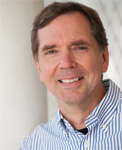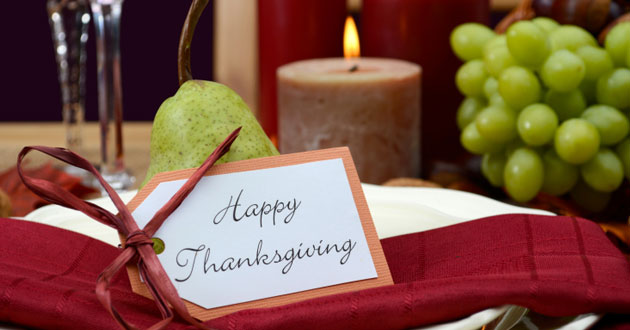The high calling of selling dresses

A writer I know tells this story of a friend of his who was in a Nordstrom store in a wealthy Los Angeles suburb. The friend was on the top floor, where the most elegant dresses cost thousands of dollars, when the elevator doors opened and a bag lady from off the streets emerged. The friend expected the employees to notify security and have the woman returned to the streets, from where she had obviously come.
Instead, a stately saleswoman greeted the bag lady and said, “Can I help you, madam?” The bag lady said she wanted to buy a dress. A party dress. “You’ve come to the right place,” the saleswoman said, brightly. “We have the finest dresses in the world.”
The two women looked at several racks and decided on two to try on.
The friend was flabbergasted. She knew that the bag lady couldn’t afford clothes from this store. But the saleswoman and the bag lady went into the fitting room. After a while, the bag lady said, “I’ve changed my mind. I’m not going to buy a dress today.”
“That’s quite all right, madam,” the saleswoman replied. “But I’d like you to take my card. Should you come back to Nordstrom, I would consider it both a privilege and a pleasure to wait on you again.”
The bag lady got back on the elevator and left.
With school back in session this month, conversations on campus often focus on jobs, careers and vocations. In our school’s publicity we like to talk about how many of our students become doctors, lawyers, teachers, pastors, missionaries, journalists, researchers, therapists, professional athletes, opera singers, and on and on.
Almost never do I hear us tell how many of our graduates sell dresses.
If you sell dresses the way this woman does at Nordstrom, though, you have a high calling. I would even call it “holy orders.” Done this way, selling dresses is a form of worship, fulfilling a vocational call.
Eugene Peterson says that our worship and our work are inseparable.
“What we’re after is a seamless world of work and worship, worship and work… Work is the primary context for our spirituality.”
Get that? Not in church. At work.
He says that we are introduced to God in scripture as He is going to work. When Jesus stood up in the synagogue to preach, he was announcing that he was going to work.
We’ve all been given a job by God. The job is to participate with Him as he redeems, restores and reconciles all of creation back into right relationship.
“The key to living vocationally—that is, being ‘God-called,’ Spirit-anointed—isn’t getting the right job or career, but doing kingwork in whatever circumstances we find ourselves,” Peterson said.
It is true that finding the right job matters. How else are we going to pay off these crazy loans? And we want to make our schools and parents proud. And we need those career counseling centers to help students figure out where they could be headed.
But something else matters, too. We’ve all been called to love extravagantly, whatever our job may be.
Could selling expensive dresses really be a vocational call? When it’s done this way, it is.
Discovering that we all have holy orders means that our everyday tasks have meanings and connections beyond the tasks—that they are ways we participate with what God is already doing in the world.
Frederick Buechner said that in our culture, people have so many voices calling to them that it is hard to discern which are worthy of our attention. One of the unfortunate ideas we retain from our Puritan forefathers, he said, is that work is supposed to be a kind of penance to work off the guilt we accumulate when we’re not working. The world is full of people whose work brings no pleasure or purpose to themselves or anyone else. They listened to the wrong voice.
How do we find this voice? Buechner says that if we keep our lives open, it will find us.
What is your job today? Watch as the elevator doors open. Your vocational call is right in front of you.
— by Dean Nelson
Dean Nelson directs the journalism program at Point Loma Nazarene University in San Diego. His book on seeing God in everyday life is God Hides in Plain Sight: How to See the Sacred in a Chaotic World.





